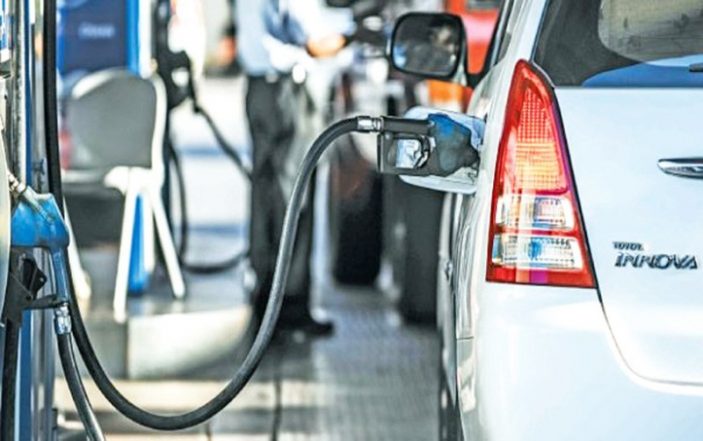
Oil Marketers End Strike
The strike by the Anambra State branch of the Independent Petroleum Marketers Association (IPMAN) in solidarity with members whose two filling stations in Awka and Onitsha were removed by the state government has ended.
It lasted 24-hours because, like the state government, the petroleum marketers were conscious of the hardship which a continued strike could inflict on the people, according to Primus Odili, Governor Willie Obiano’s Chief of Staff, who led the government’s delegation to the negotiations with the strikers.
Though the strike was called by IPMAN members, it was understood that other marketers, except the Nigerian National Petroleum Corporation (NNPC), joined in solidarity.
The petroleum marketers were protesting against possible further removal of their businesses from what the government called their dangerous locations because of their proximity to big residential buildings and offices.
According to Obi Nwankwo, the Anambra State Commissioner for Public Utilities who participated in a meeting in Awka between the state government and IPMAN leaders, “every outstanding issue will be resolved in the next three weeks, as agreed with the IPMAN leadership”.
The outstanding issues are compensation to the owners of the demolished stations and finding new locations for their businesses.
But the Commissioner for Information and Public Enlightenment, C. Don Adinuba, said the issues would have long been resolved if the marketers “had accepted Governor Willie Obiano’s offer to pay compensation and relocate them when the governor made the offer months ago.
“The governor offered to pay compensation to the owner of the petrol station in Amawbia, Awka South Local Government Area, even when he could not produce relevant documents for locating his business there”.
The commissioner disclosed that the owners sued the state government alleging that it had no right to remove the petrol stations.
Adinuba said the state government’s deep concern for the protection of the life and assets of every individual and organisation led it to remove the businesses.
Each was located “just two or three metres from large blocks of flats in which several families live, thus making it extremely dangerous.
“Imagine what would have been the fate of these people if any of the residential houses had been engulfed by fire from the nearby station with highly inflammable petroleum products like kerosene and petrol as well as liquefied petroleum gas”.
He added: “It was only God who saved people living around the famous Dennis Memorial Grammar School (DMGS), Onitsha, when a tanker laden with petrol collapsed in February, last year, at one of the two demolished petrol stations and caught fire which razed the entire place”.
On the claim by the Anambra IPMAN that its members obtained approval from appropriate government agencies to locate their petrol stations very close to homes, offices and industries, Adinuba admitted that a number of government employees over the decades “abuse their office mostly for private and immediate gains and sometimes owing to gross incompetence and laziness.
“But anytime such abuse is discovered and it threatens life gravely, the right thing has to be done.
“The primary duty of every government is the protection of its citizens, and not to pander to the sentiments of a few privileged business persons”.






